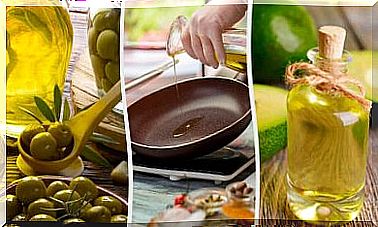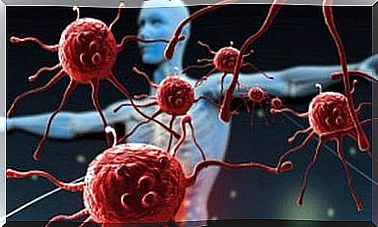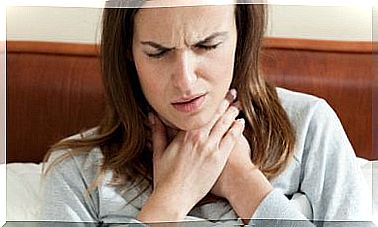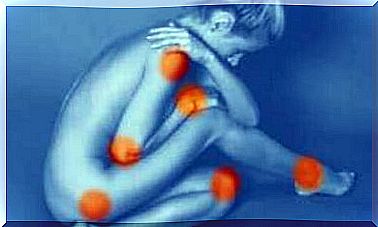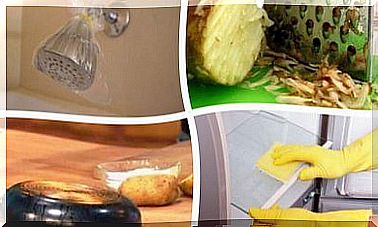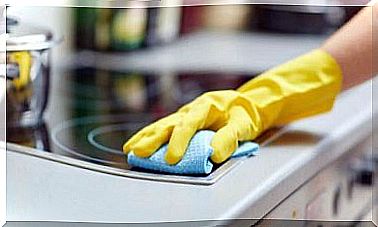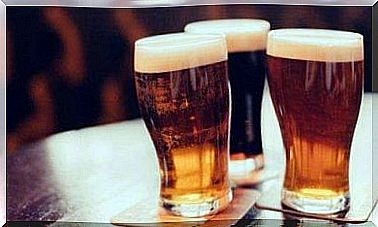Nutritional Advice After A Heart Attack
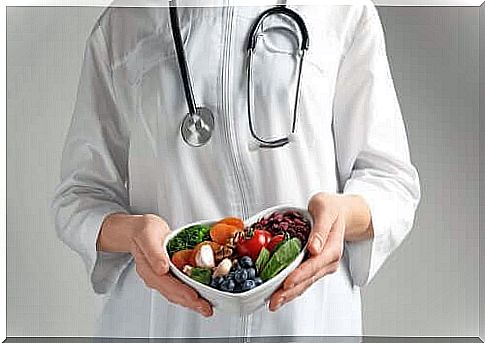
Experts talk a lot about the diet people should follow to stay healthy. But what nutritional advice should you follow if you’ve had a heart attack or want to prevent another heart problem?
Stress, poor nutrition and lack of rest directly affect heart health. That is why you have to acquire new healthier lifestyle habits after a heart attack, also known as a heart attack. This includes things such as:
- quit smoking
- sports
- change your diet
After a heart attack, the patient should follow the advice of his doctor to recover well and stay healthy. In this article, we’ll give you some tips on foods to include in your diet if you’ve had a heart attack.
Heart attack and healthy habits
More than 17 million people died from cardiovascular disease in 2012, according to the World Health Organization. They also state that 80% of heart attacks and strokes are preventable.
A healthy diet, regular exercise, and quitting toxic habits can help you avoid problems that put your life at risk. You should include certain foods in your diet if you have had or want to prevent a heart attack.
General nutritional advice after a heart attack
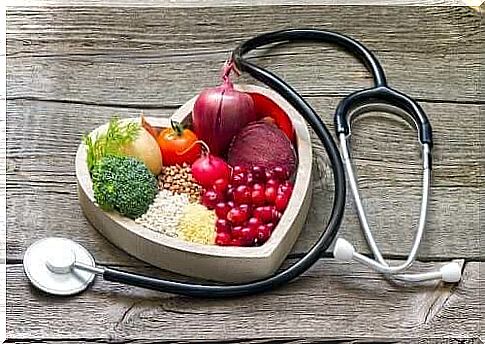
After a heart attack, it is wise to follow certain nutritional advice. For example, risk factors such as cholesterol levels, glucose levels and blood pressure should be closely monitored.
Patients who have had a heart attack should aim for low cholesterol. In addition, it is important to maintain blood glucose levels and control blood pressure. They can achieve this with:
- medicines
- exercise
- a healthy diet
The healthiest diet for these patients is probably the Mediterranean diet. This is because it is rich in vegetables, fruits, whole grains and fish, plus several servings of grilled lean meats.
If you have had a heart attack, it is best to prepare food with oil and not too much salt. You can replace salt by using aromatic herbs and spices. It is also recommended to eat legumes at least twice a week.
What to eat if you’ve had a heart attack?
Fruit and vegetables
According to the Spanish Heart Foundation , a diet rich in fruits and vegetables increases potassium and magnesium levels, which protect the heart from arrhythmias. Also, this diet helps lower sodium levels, which are linked to elevated blood pressure.
Extra virgin olive oil
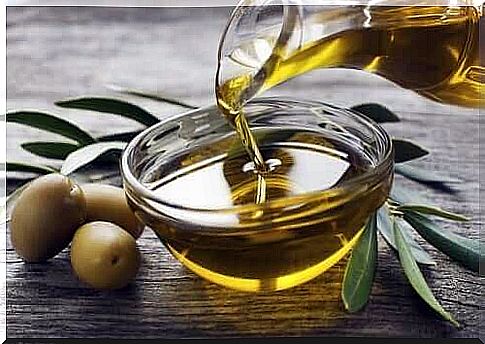
Olive oil offers significant health benefits. Consuming four tablespoons of olive oil a day reduces the risk of a heart attack or stroke when combined with a healthy and balanced Mediterranean diet.
nuts
Nuts are an exceptionally good source of healthy nutrients and are rich in monounsaturated fats. Walnuts, in particular, are also rich in omega-3 fatty acids, a polyunsaturated fat. This is associated with heart health. They also contain other beneficial nutrients such as:
- L-arginine: An amino acid that aids in the production of nitric oxide, which in turn helps regulate blood pressure.
- Phytosterols : Plant compounds that help lower cholesterol levels by blocking the absorption of cholesterol in the gut.
Tea
All teas contain catechin, an element that helps maintain healthy blood pressure by inhibiting the synthesis of cholesterol and preventing blood clots. They also contain quercetin, which improves the functioning of blood vessels.
Fatty fish
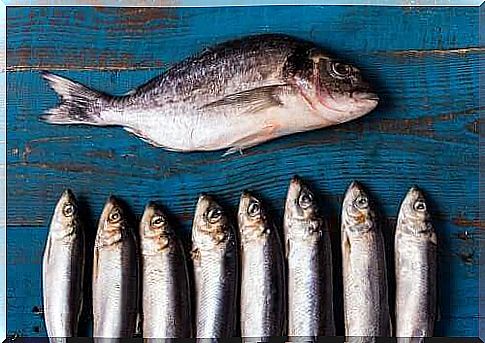
One of the nutritional advice given after a heart attack is that you should remove saturated fats from your diet as much as possible. However, you do need unsaturated fats. These fats can be found in fatty fish such as:
- salmon
- mackerel
- herring
- sardines
Whole grains and legumes
Bran, the husk that protects grains, helps slow the absorption of sugars and lowers blood cholesterol according to the Spanish Heart Foundation. In addition, legumes are an exceptionally good source of vegetable protein, fiber and minerals.
Foods you should not eat after a heart attack

You should remove foods that contain a lot of cholesterol or trans fats from your diet as much as possible if you have had a heart attack. After a heart attack, you should follow a diet that is good for your body.
- You should avoid ultra-processed foods as much as possible because they contain a lot of saturated fats, trans fats and cholesterol and few healthy nutrients.
- You should also avoid sausages and fatty meats, as these contain harmful fats and a lot of sodium.
- Deep-fried products are also not recommended. These are high in calories and often in trans fats.
- The use of ready meals, especially from cans, is not recommended.
Finally, remember that it is very important to include plenty of exercise in your routine. Consult your doctor about the best exercise options for your situation. After a heart attack, physical activity is a great ally to improve your heart health.
